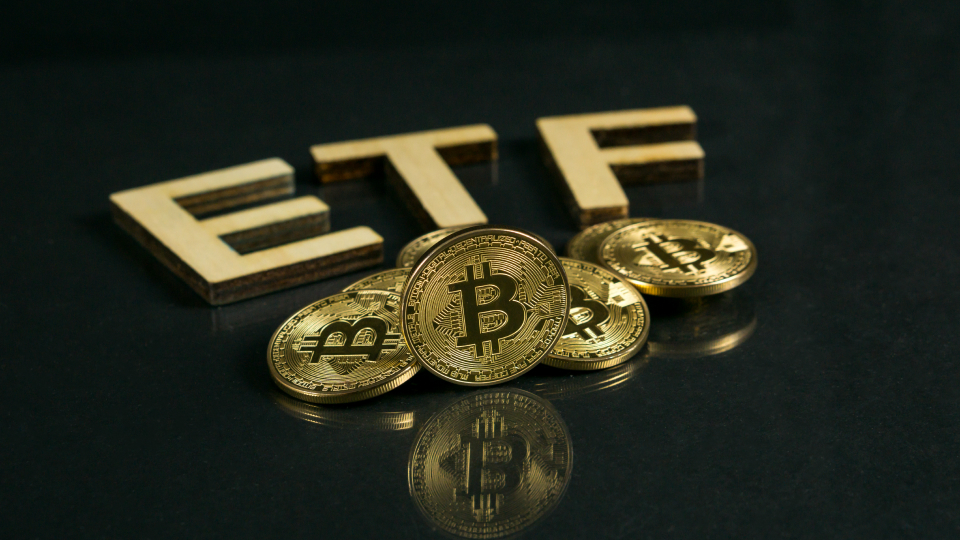- Iran and Russia are reportedly eyeing a new stablecoin for cross-border trade, including in the Astrakhan special economic zone.
- The stablecoin will be backed by gold, according to local Russian media outlet Vedomosti.
- Both Iran and Russia are under tough international sanctions.
Iran and Russia are looking to launch a new stablecoin in the market, Russian news agency Vedomosti has reported.
According to the news outlet, there’s cooperation between the Central Bank of Iran and its Russian counterpart on a project that will see the two countries issue a new gold-backed cryptocurrency.
The stablecoin, targeted for the Persian Gulf region, will be used for cross-border transactions in the place of the US dollar, the Iranian rial and the Russian ruble. The digital asset is also specifically intended as a payment method in the Astrakhan area – an economic zone whose design helped Russia begin to receive cargo shipments from Iran.
The report quotes Alexander Brazhnikov, the Executive Director of the Russian Association of Crypto Industry and Blockchain as stating that the project is indeed in the works.
Crypto in foreign trade transactions
The gold-backed stablecoin is indeed being worked on by the two nations even as they continue to face strict sanctions from the United States as well as other Western countries.
But notably, both Iran and Russia have allowed the use of crypto in foreign trade, with the Iranian government taking the step in August last year. As earlier covered by CoinJournal, Russia also considered cryptocurrency as a “safe alternative” for cross-border payments in August.
In December 2022, the Bank of Russia governor Elvira Nabiullina noted that the country was ready to allow cryptocurrency use for foreign trade only — the central bank was looking at this on an experimental basis.
Commenting on the latest report, Russian lawmaker Anton Tkachev said the reported joint stablecoin will proceed once Russia is able to fully regulate the digital assets market. The country, which has toyed with crypto regulation bills for much of 2022, looks to get one over the line in 2023 following multiple delays.
Credit: Source link














